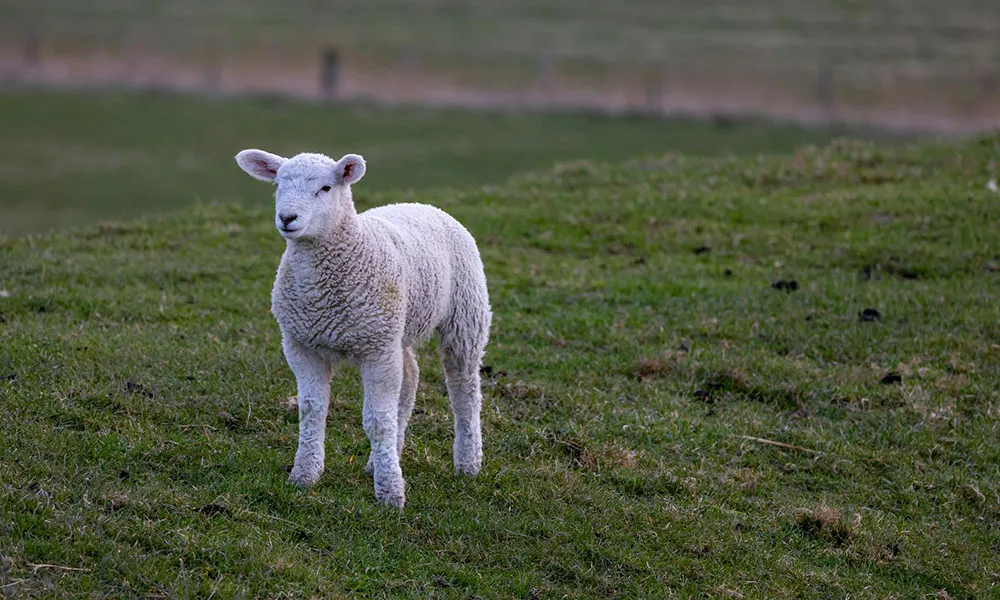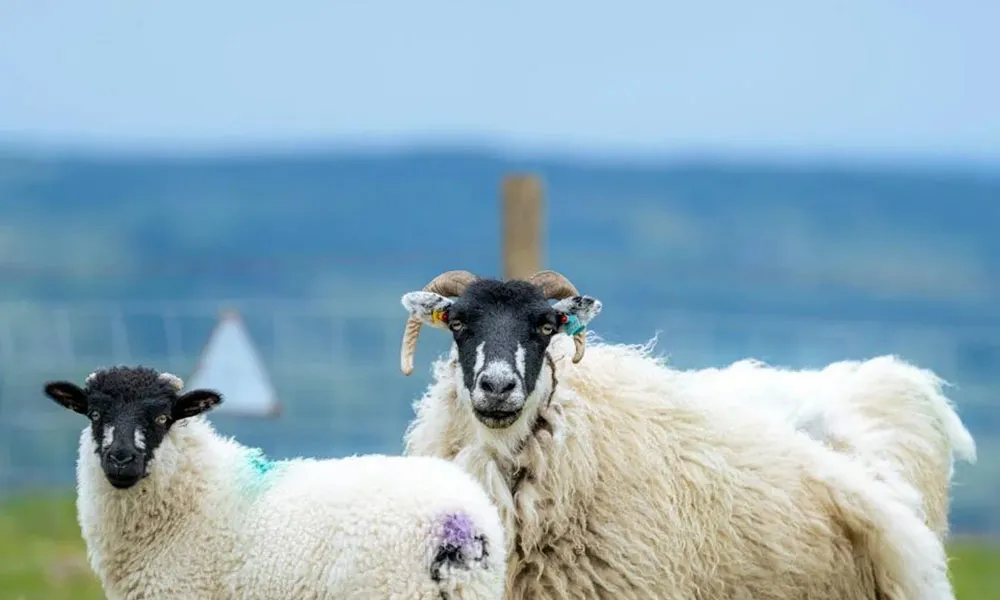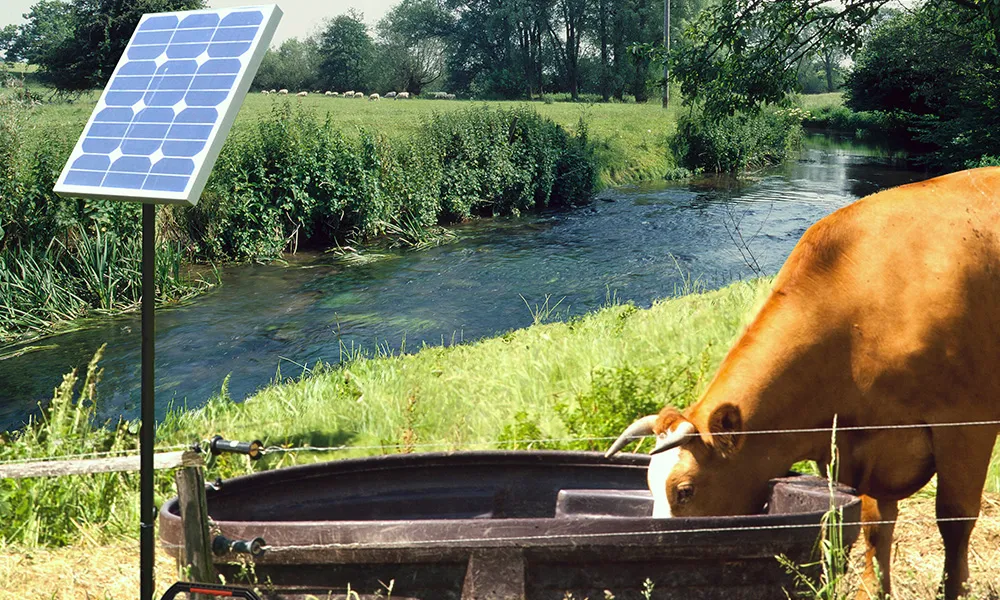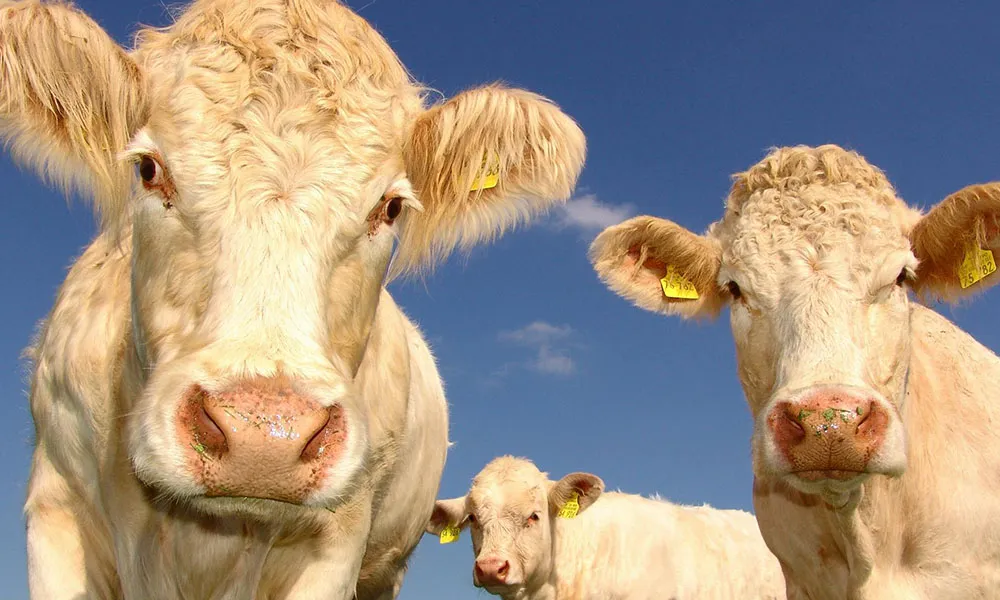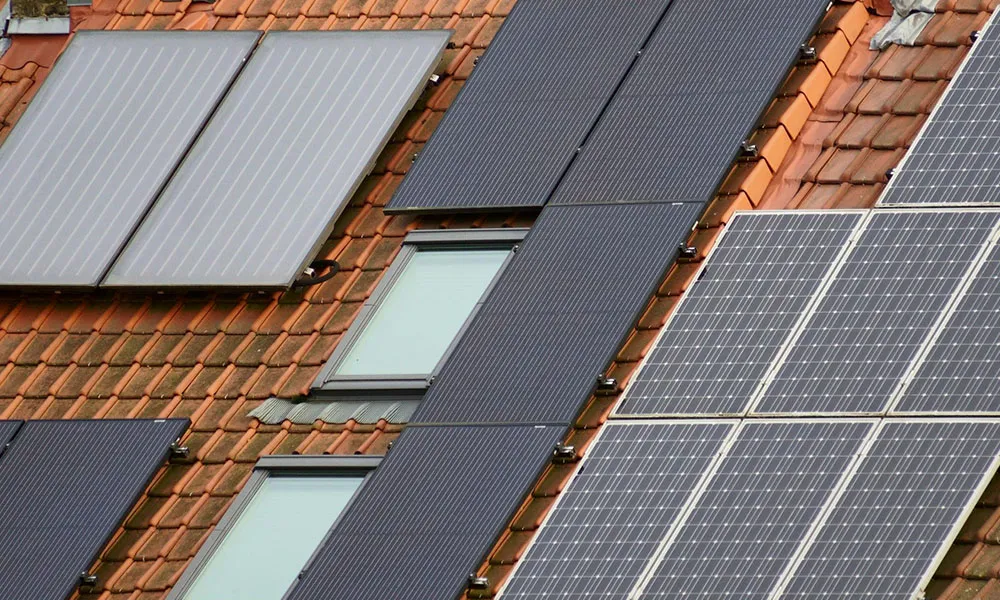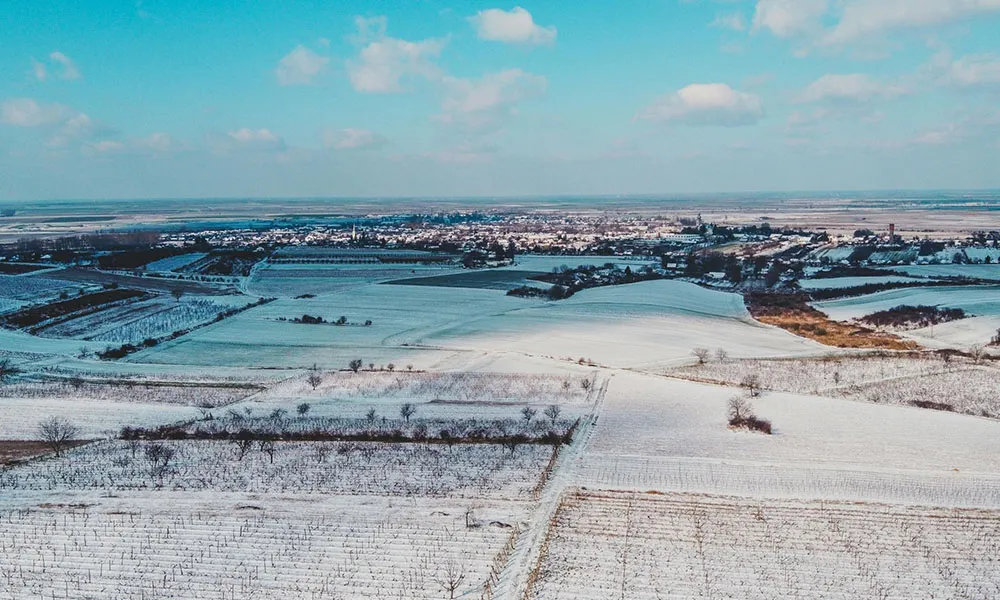
Beef Protests
Beef Protests are still ongoing with no end in sight. Factories are refusing to negotiate and have instead opted to declare war on protestors by threatening lawsuits. This has, justifiably, only further angered the farmers who are already fighting for their survival. Let’s not forget that these companies and CEO’s owe all their good fortune to these very farmers. They are the people producing the top quality product that these companies are able to market with a Bord Bia sticker to virtually any market in the world at a premium price. Yet when it comes to dealing fairly with their suppliers they show a complete lack of respect or empathy for their plight. It is for this reason that I started to wonder where is the Irish farmers “fair trade” sticker.
Fair Trade
A fair trade website describes the “Fair Trade” logo as representing “a global movement made up of a diverse network of producers, companies, shoppers, advocates, and organizations putting people and planet first.” Large companies in developing countries are increasingly pressured into joining the fair trade group. Customers in the developed world are increasingly becoming aware of the brand and consciously selecting it over cheaper alternatives. They do this in the hope that they are supporting poor farmers and communities around the world to improve their lives and avoid being exploited by large companies.
So why are the Irish public not as supportive of farmers in this country?
We have large companies making profit by exploiting farmers, forcing them to sell their product at less than it costs to produce. This is happening right now, right here, in our own country. And yet there seems to be a complete apathy from the general public in relation to the protests. In fact you are more likely to hear questions on whether it is right for the beef protests to jeopardise factory workers jobs!
Public Misconceptions
I think the main reason for this apathy is partly due to a misconception about the single farm payment system. The general public seem to think that this is a wage for farmers and that they are just being greedy asking for more. They don’t seem to realise that the farm payments were never meant to be a farm wage. It was designed to keep food prices down for the general public. It was set up with the aim of offsetting inflation. Many of the payments are targeted towards farm investment so that standards weren’t lowered to match poor quality competition.
When it was first implemented it worked well in its aim. It pretty much matched the difference lost out to inflation. Farmers were able to maintain a comfortable living without having to increase prices in line with inflation. Farm standards were kept high.
However over the years the farm payment has reduced, particularly on small family farms, prices received for their product has remained much the same or even decreased in some cases; all while inflation for everything else has multiplied. With costs of production spiralling and end prices limited by a factory dominated market place, most family farms are running at a loss. This being the case, the single farm payment is now being used to supplement production costs. This means many are now struggling to cover debts or even provide for the family.
Large Machinery
Another thing misleading the public on the state of farming in the country is the size and price of machinery. Looking at farmers going the road in their large 80 to 100 thousand euro tractor, it’s easy to see why the general public could believe that farmers are made of money.
However we know that in virtually all cases, those tractors don’t really belong to the farmer. They are just on loan from a bank or manufacturer. Very few, if any own a new tractor outright. In fact it’s just another expense eating into any potential profit. It's not a tractor you're stuck behind on the road, it's a debt with wheels!
This sort of information is what we need to get out there. We need to make the general public understand that farmers are genuinely struggling. That continuing to produce our products at a loss is not viable. That the taxes being spent on farm payments aren't being used by farmer to buy new jeeps and tractors, but to feed animals, buy fertiliser and keep roof over the family. That farmers looking for more for their produce isn't about greed but fairness! That the small farmers of the country are making less than the minimum wage from farming! In many cases they are working a second job to subsidise the farm.
The public will naturally ask why we bother? The answer for many; to keep a tradition alive; for the love of the animals; to protect their local area from being sold off to the highest bidder and being lost! We need for the general public to realise that supporting local farms is more beneficial to their local communities, their climate, their futures and their health than saving a few Euros a week on the food bill.
Need for Change
I believe that most people are open to this change. But they need the option. That’s where the Fair Trade option comes in. Fair Trade state “We believe that everyone wants to do what’s right – for their families, fellow global citizens, and the planet. That’s why we’re committed to making the right choices the most obvious ones. Based on the simple idea that the products we buy and sell are connected to the livelihoods of others, fair trade is a way to make a conscious choice for a better world. A choice for Fair Trade Certified goods is a choice to support responsible companies, empower farmers, workers, and fishermen, and protect the environment. In other words, it’s a world-changing way of doing business.” This is why I now have to ask the question, why do we buy Fair Trade products to support farmers from other countries yet have no such system in our own county? I fully believe that if there was such a trademark on our beef customers would opt for it every time over non-fair products. All it takes is one retailer or one factory to opt into such a deal and it would steam roll.
Government Role
If no retailer or factory is willing to step up and organise this then the government should add stipulations to their Bord Bia accreditation. Any factory wishing to be part of the Bord Bia quality assurance scheme should have to commit to paying at a minimum 5-10c/Kg over the average cost of production to all suppliers. The government say they cannot intervene in the market, yet they can set a minimum wage for most of the country. (All except the self employed farmer it seems!) This has a direct effect on markets.
The government were also able to implement laws that forced “food safety” regulations on family butchers in the nineties and noughties. They forced private butchers to have to pay extortionate amounts to vets to inspect all slaughters in their abattoirs. This directly affected the price they had to charge for the end product. The wholesale closures of small butchers this caused had a huge effect on competition for our animals. It doesn’t seem unreasonable to now ask some rules be implemented to protect the same family farms affected by such decisions. Perhaps they can roll it out as a “mental health safety regulation”! No one could argue that current prices are detrimental to the mental health of Farmers and rural communities in general.
Farm Co-Operative
I am aware that this government is unlikely to do any such thing. That is why a cooperative of family farm producers should be considered. Funding could be sought from the rural rejuvenation schemes to start their own slaughter houses/factories to compete with the established names. A fair trade brand set up specifically to market this beef needs to be created ASAP. It would be interesting to see how much support there is for fairness in this country. I feel certain that this is something that would receive support.
Standing Together
The beef protesters have done great work to start the conversation and to get the public thinking more carefully about the plight of farmers in this country. However if they do not result in some type of fair trade deal being struck, then their valiant efforts will have been for nothing. Ireland will continue to march towards a factory farm model of beef that finishes large numbers of dairy animals. Factories will have complete control of the entire food chain! We will lose our high standard of beef and end up with a less environmentally friendly product. Farmers need to stand together to ensure that change happens.
This does not only affect beef and suckler producers. Dairy farmers should be fighting as strongly for these changes. If the beef sector continues to fail there will continue to be a rise in dairy production! There is only so far the dairy sector can expand before the price collapses as drastically as beef has done. If we continue to take the short sighted view and hunt the cash cow at the current rate, in the long run we will find ourselves with no viable farming options in this country. Certainly with no small environmentally stable, family farms. We need to stand together for a fair society. Beef and dairy; farmer and public alike, one nation protecting our heritage, culture and rural identity from collapse!
RGA




